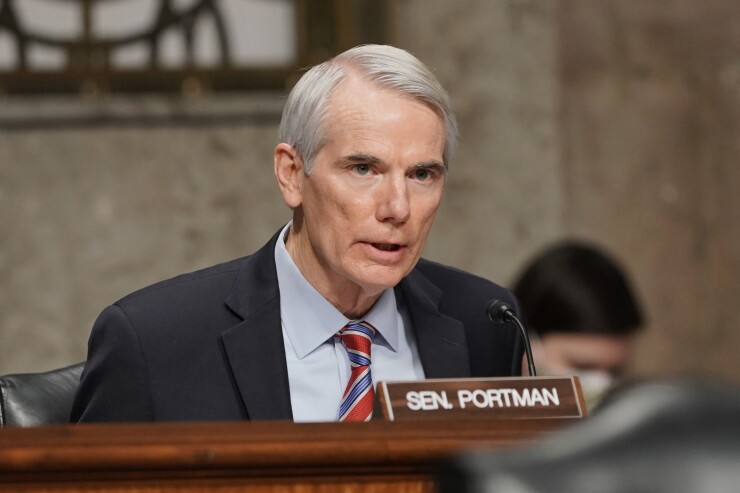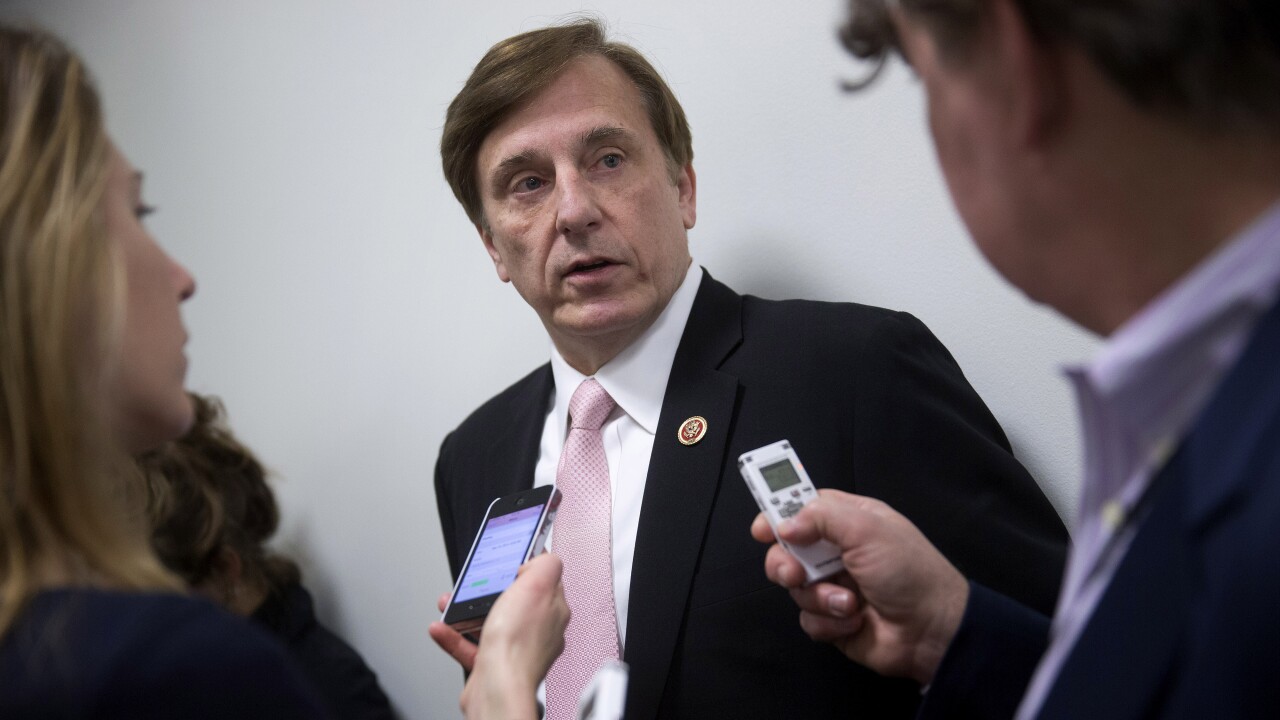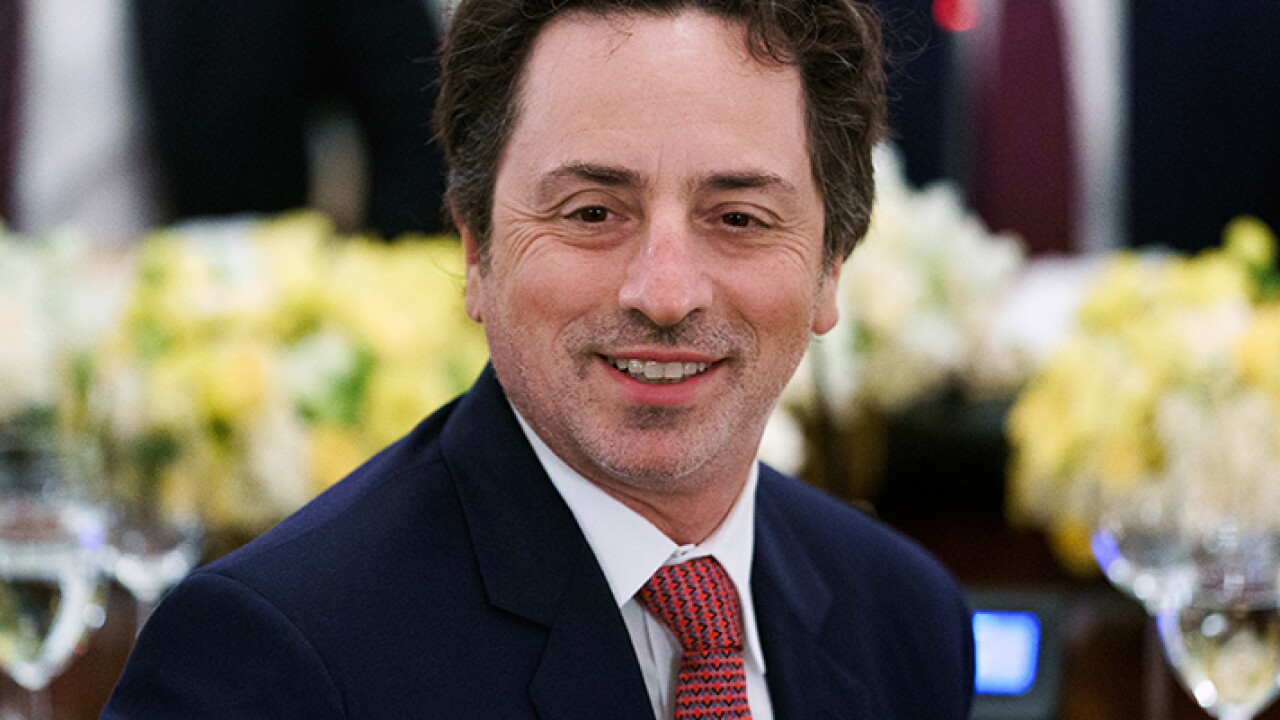A broad expansion of the use of tax-exempt municipal bonds is a key financing tool that a bipartisan group of 21 senators has included in the newest infrastructure proposal circulating in Washington.
The number of Republican senators supporting the proposal increased to 11 Wednesday from the original 10 earlier this week, assuring enough votes in the Senate to break a filibuster if it is endorsed by all 50 Democrats.
Senate Majority Leader Chuck Schumer, D-N.Y., said Thursday that he is encouraging the bipartisan negotiations to continue while Democrats separately work on a Democrats-only package that could supplement the other.

“Now, despite some over-dramatized punditry, the truth is both tracks are moving forward very well and both tracks need each other,” Schumer said. “So we want to work with our Republican colleagues on infrastructure where we have common ground. And Democrats believe we have other priorities that the Senate must consider above and beyond a bipartisan infrastructure bill, not the least of which is addressing the urgent challenge of climate change.”
The roughly $1 trillion bipartisan plan includes $579 billion in new spending, according to the authors, who would rely heavily on municipal financing tools to achieve that level of investment without any new federal taxes.
A key part of the proposal is a new federal Infrastructure Financing Authority to leverage private investment.
It appears to be similar in concept to the infrastructure bank that senators discussed on a bipartisan basis several years ago as a revolving loan repository that would be bankrolled through the repatriation of overseas corporate profits.
Hope for enactment of an infrastructure bank was dashed when congressional Republicans enacted the 2017 Tax Cuts and Jobs Act without including one.
However, capital for the proposed federal Infrastructure Financing Authority could come from other sources listed in the new proposal. The senators are suggesting redirecting unused federal emergency funding for enhanced unemployment benefits and repurposing other unused COVID relief funds.
The bipartisan Senate plan in addition calls for the expansion of public private partnerships, tax-exempt private activity bonds, and asset recycling.
The senators also have agreed on reinstating direct-pay municipal bonds to pay for infrastructure investment.
Republican Sen. Rob Portman of Ohio said the bipartisan talks began with five Senate Democrats who “were not interested in new taxes for infrastructure.”
“They just didn't believe that was the right way to go in this case, so that was helpful,” Portman said.
The bipartisan plan, however, does include a new inflation index for the federal gas tax which is opposed by the Biden administration because it would violate the president’s pledge to not raise taxes on households earning under $400,000.
The bipartisan group is awaiting a counter offer from the administration for a replacement source for that revenue.
Other revenues listed by the bipartisan group include an annual surcharge on electric vehicles and an adjustment to customs user fees.
The expected reduction in the tax gap between taxes that are legally owed and taxes that are now paid would be reduced through increased enforcement by the Internal Revenue Service, with the increased revenue targeted for infrastructure.
In 2019 the tax gap totaled around $580 billion, IRS Deputy Assistant Secretary Mark Mazur recently told Congress. New compliance initiatives proposed by the Biden administration could narrow the gap by $700 billion over the next 10 years, according to the Treasury’s Office of Tax Analysis.
The bipartisan plan also would allow toll road authorities to use toll credit balances for financing infrastructure.
Another proposal would expand the allowable uses for federal COVID relief funds to state and local governments.





